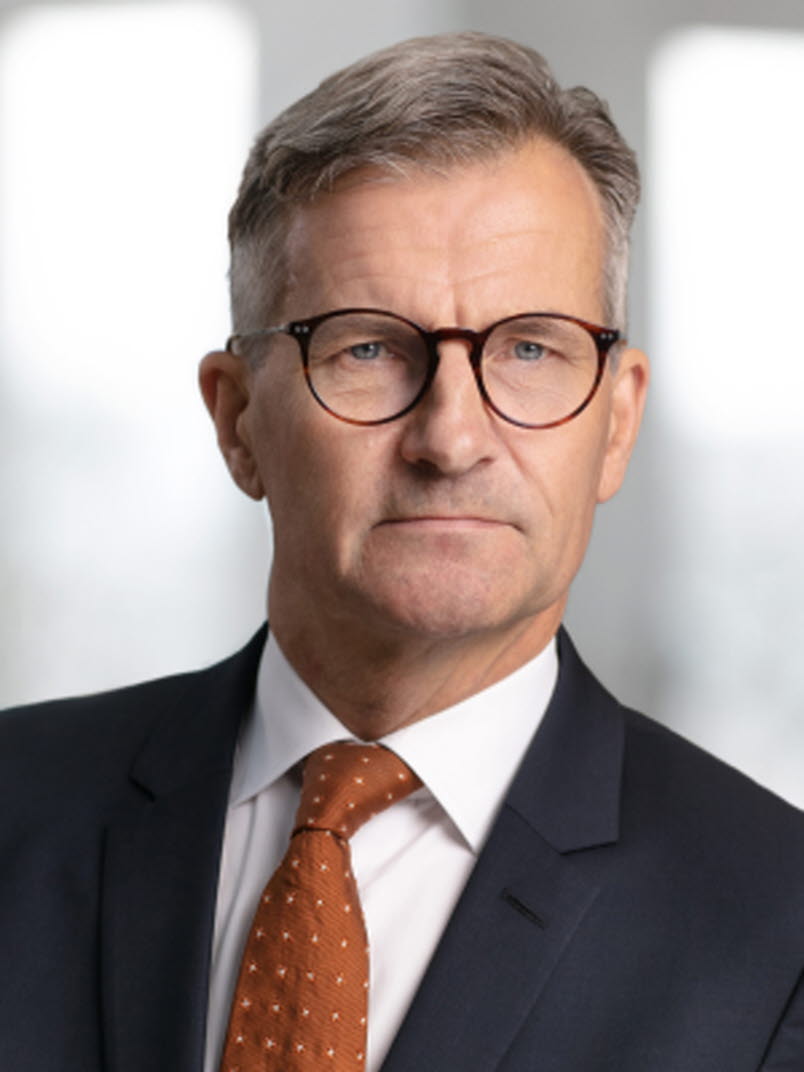Thedéen: The road to the EU Savings and Investment Union – do’s and don’ts
Speech Don't politicise and micromanage the instruments for savings and investment, was one of the messages when Riksbank Governor Erik Thedéen today gave a speech at a conference organised by SEB in Brussels. The focus of the conference was to discuss how the Swedish capital market can inspire EU work on the Savings and Investment Union (SIU).
Date: 03/07/2025 15:10
Speaker: Governor Erik Thedéen
Place: Sofitel, Brussels

Erik Thedéen, governor.
Last autumn, former ECB President Mario Draghi presented a report commissioned by the European Commission. In it, he notes that the EU is significantly lagging behind in competitiveness compared to the US and China in particular. Since then, the debate on what measures are needed to boost growth in Europe has been in full swing. In the report, Mr Draghi highlights a common savings and investment union as an important measure. He points to Sweden as an example of success, where private savings are successfully channelled into investments that generate growth and high long-term returns.
Governor Thedéen began by saying that the idea of a savings and investment union is a good one, but that it does not necessarily mean an all-encompassing financial centre or a single European stock exchange. Instead, the focus should be on increasing the interconnectedness of existing exchanges and developing regional financial centres in certain sectors or instruments. He also addressed the issue of how supervision should be organised in an increasingly integrated financial market:
“For some financial services where the activities are currently de facto concentrated in a few centres, centralisation of supervision at EU level may be justified. Other than that, we need more uniform supervision of financial regulation in different areas, but I am not convinced of the benefits of fully centralised supervision.”
Thedéen also stressed the importance of refraining from politicising different types of savings and investment instruments and avoiding micromanaging markets and market participants' behaviour.
“One thing I would like to highlight in this context is the proposal that savings and investment instruments should contribute to the fulfilment of EU policy objectives. It may sound reasonable, but I don't think it's the best way to create viable capital markets."
He continued:
“If we want people to make the move from savings accounts to the stock market, we need to make sure we maximise their chances of success, that is, of getting better returns on their savings. Limiting investment risks leading to lower long-term returns and will be difficult to justify to European citizens. The Swedish experience shows that although savings are spreading internationally, many people still choose to save in local companies.”
